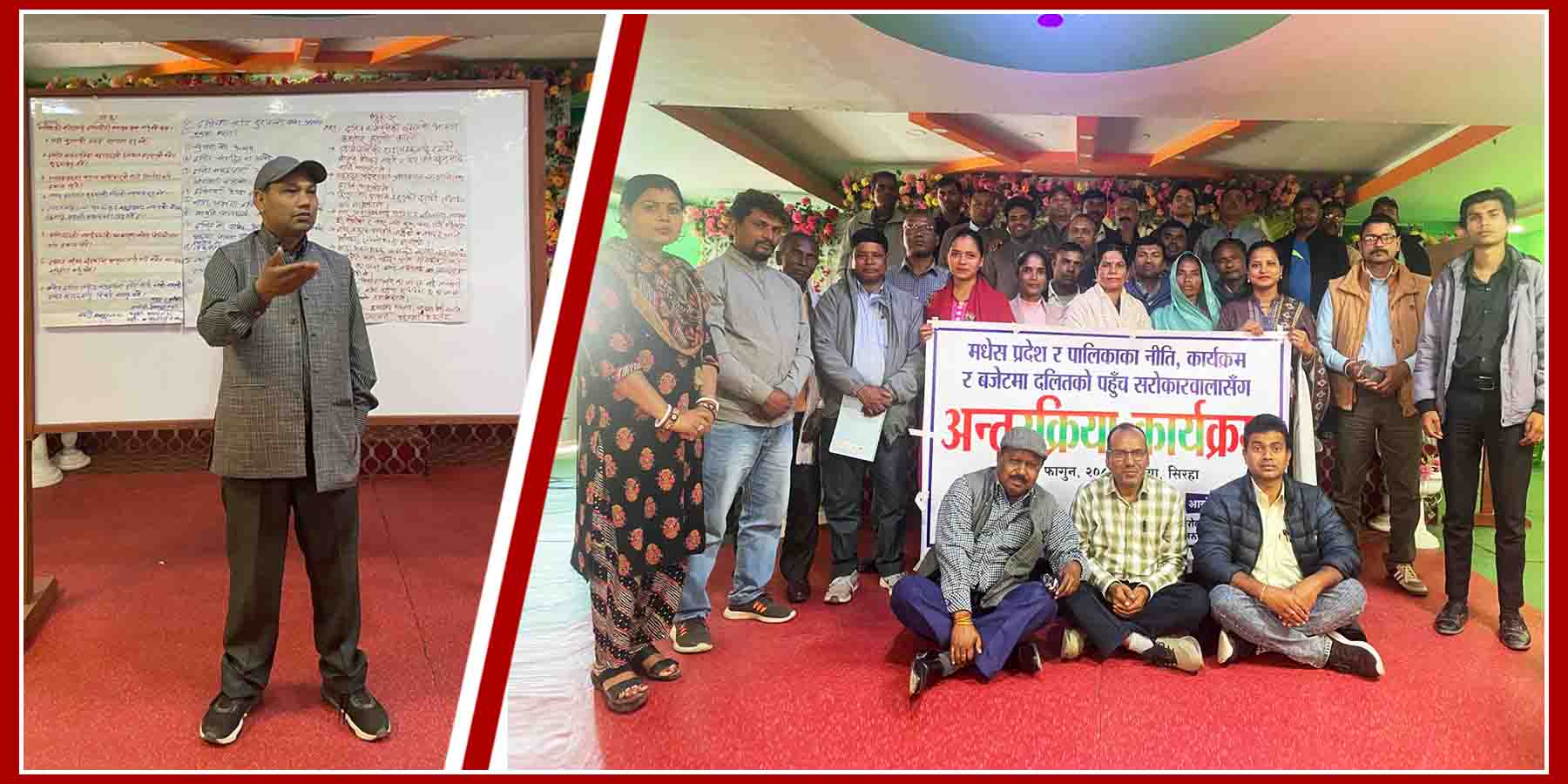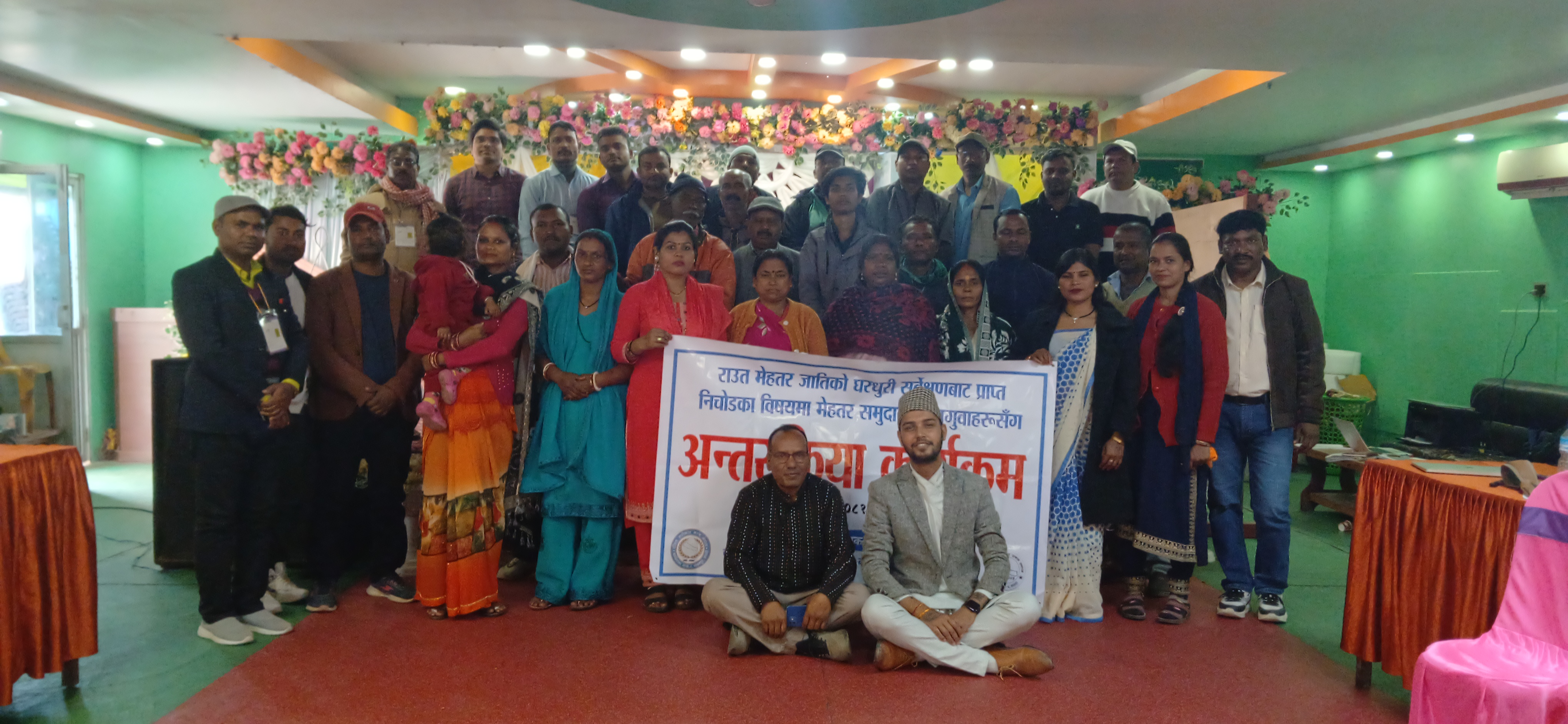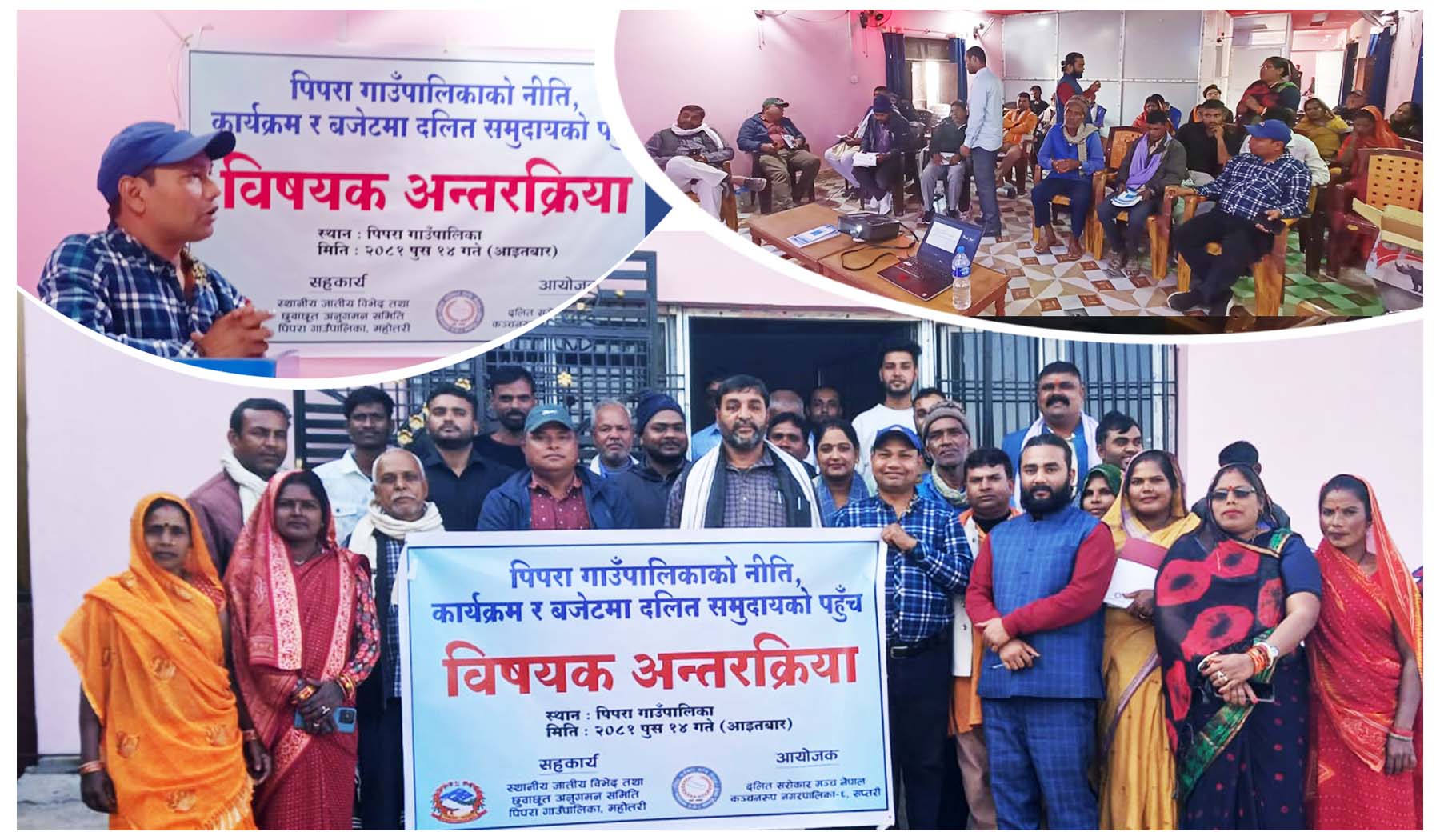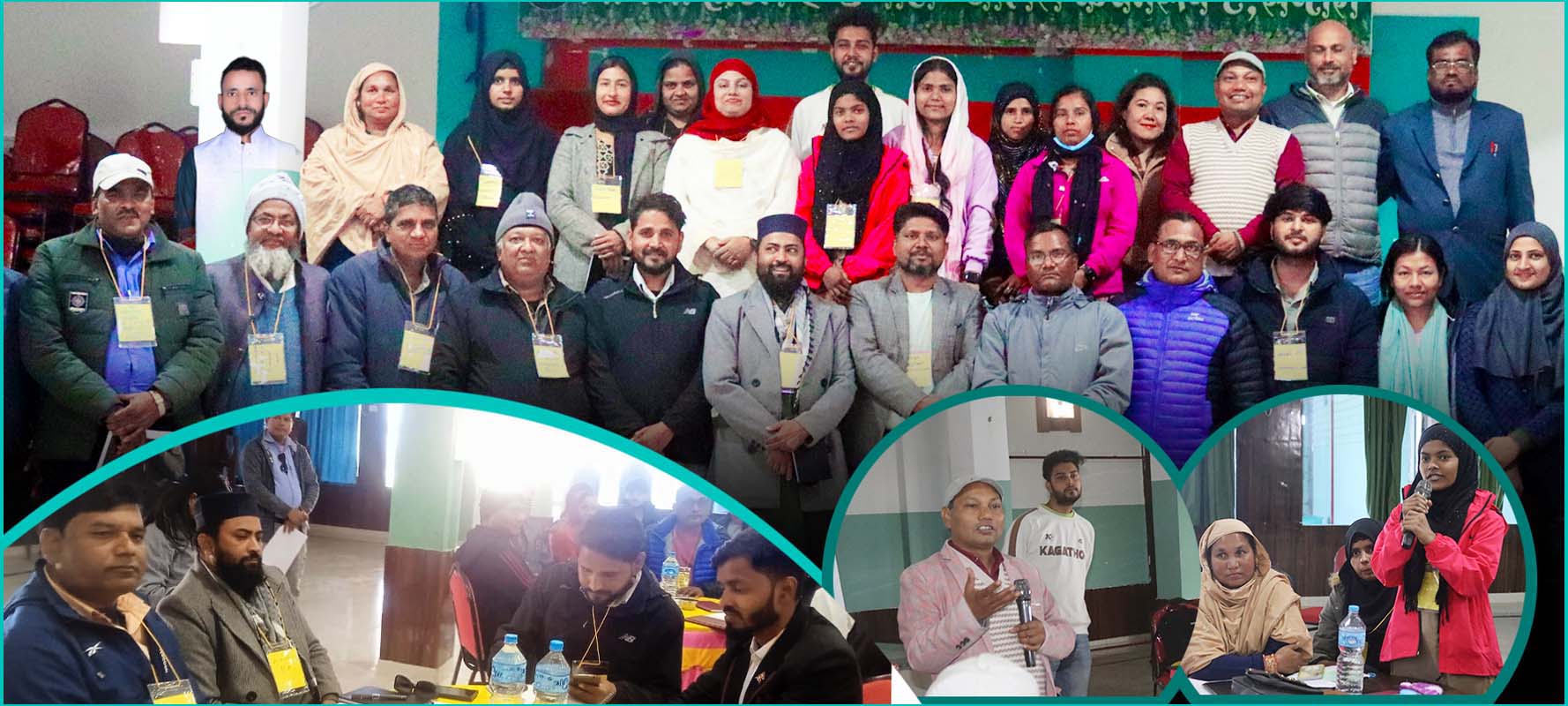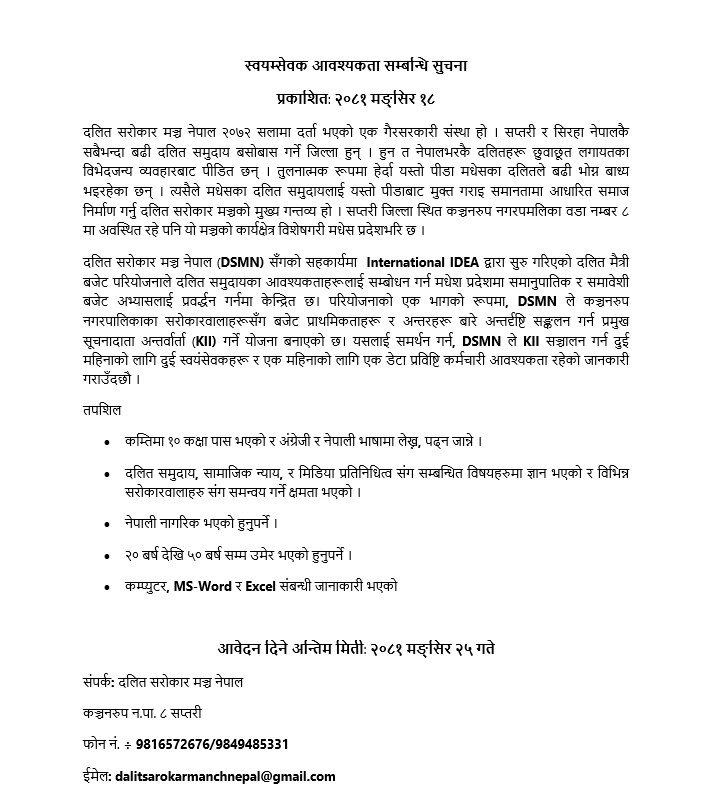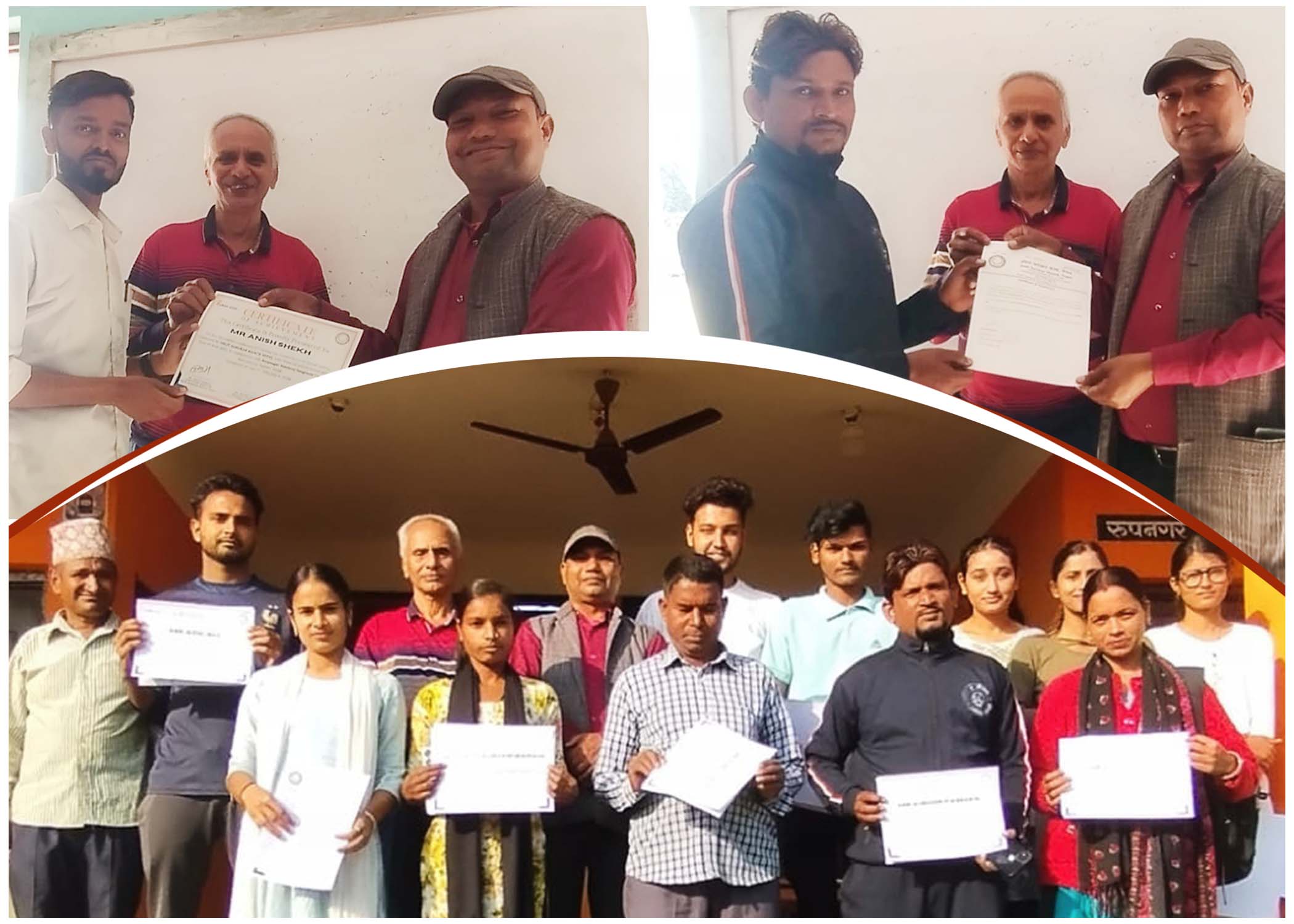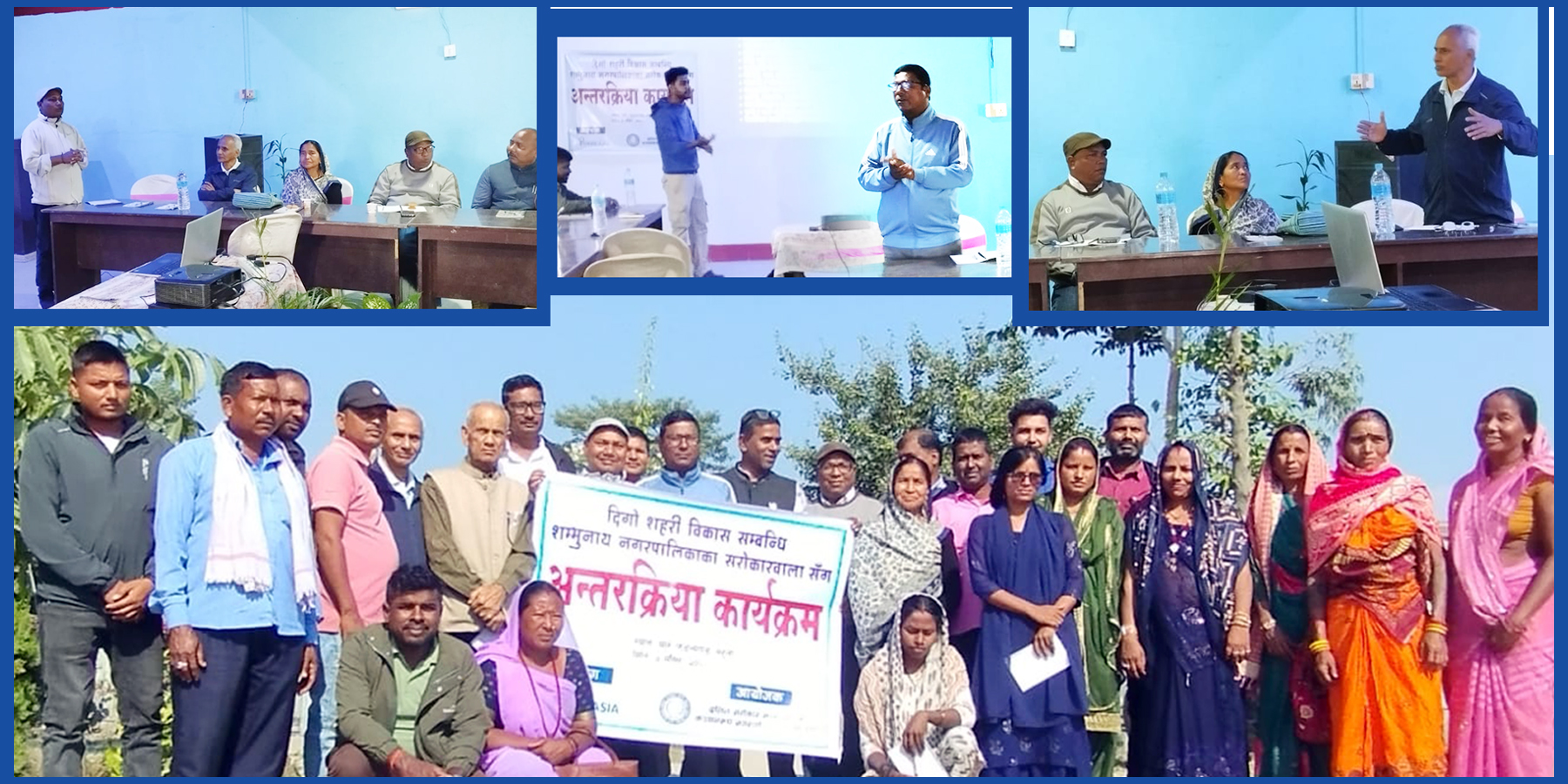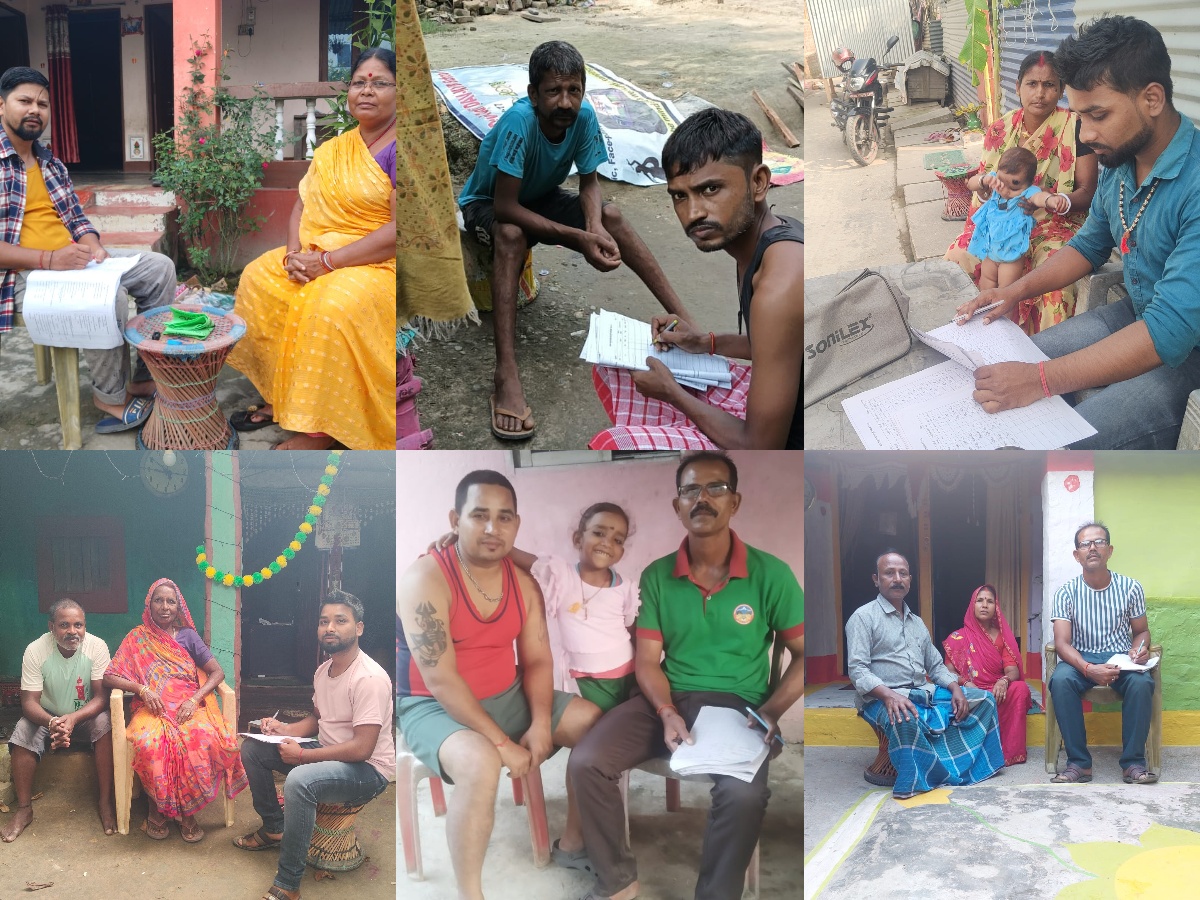.jpeg)
Dalit Sarokar Manch hosts "Kanchanrup Municipality, Dalit Interaction Program" to Ensure Dalit Community's Access to Local Policies, Programs, and Budgets
- 2024/12/28
An interactive program aimed at ensuring the Dalit community’s access to local policies, programs, and budgets was successfully organized in Kanchanrup Municipality by Dalit Sarokar Manch Nepal. The event took place on Friday at Ayush Hotel, located in Ward No. 8 of the municipality. The program featured Mayor Lalan Prasad Gupta as the chief guest and focused on addressing the rights and opportunities of the Dalit community while exploring the corrective measures the local government could undertake.
In his address, Mayor Gupta reaffirmed his commitment to prioritizing the issues of the Dalit community and enhancing the accountability of the local government in addressing their needs. He highlighted the municipality’s dedication to fostering inclusivity and vowed to take concrete steps to translate these commitments into action.
The program facilitated in-depth discussions on strategies to expand the community’s access to resources and enhance their active participation in municipal governance. Participants exchanged ideas on effective measures to improve engagement and ensure equitable access to local governance structures.
This event was jointly organized by the Local Caste Discrimination and Untouchability Monitoring Committee and Dalit Sarokar Manch Nepal. Facilitators for the program included Manish Koirala and Rajkumar Paswan, representing Dalit Sarokar Manch Nepal.
During the discussions, participants strongly urged the municipality to ensure the active involvement of the Dalit community in the formulation of its budget, policies, and programs. They emphasized the need for greater inclusivity and representation to address long-standing issues of marginalization and discrimination effectively.
The program concluded with an optimistic outlook, as participants expressed hope that such initiatives would enhance the municipality’s accountability toward the Dalit community. They also stressed the importance of sustaining similar programs in the future to foster meaningful change and ensure the continuous engagement of marginalized groups in local governance.

